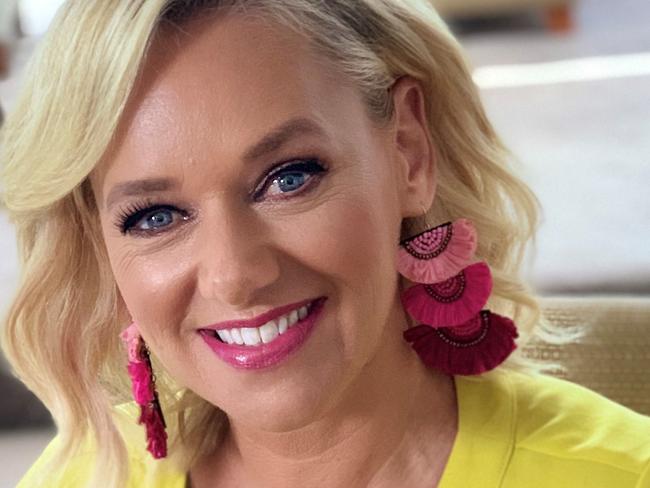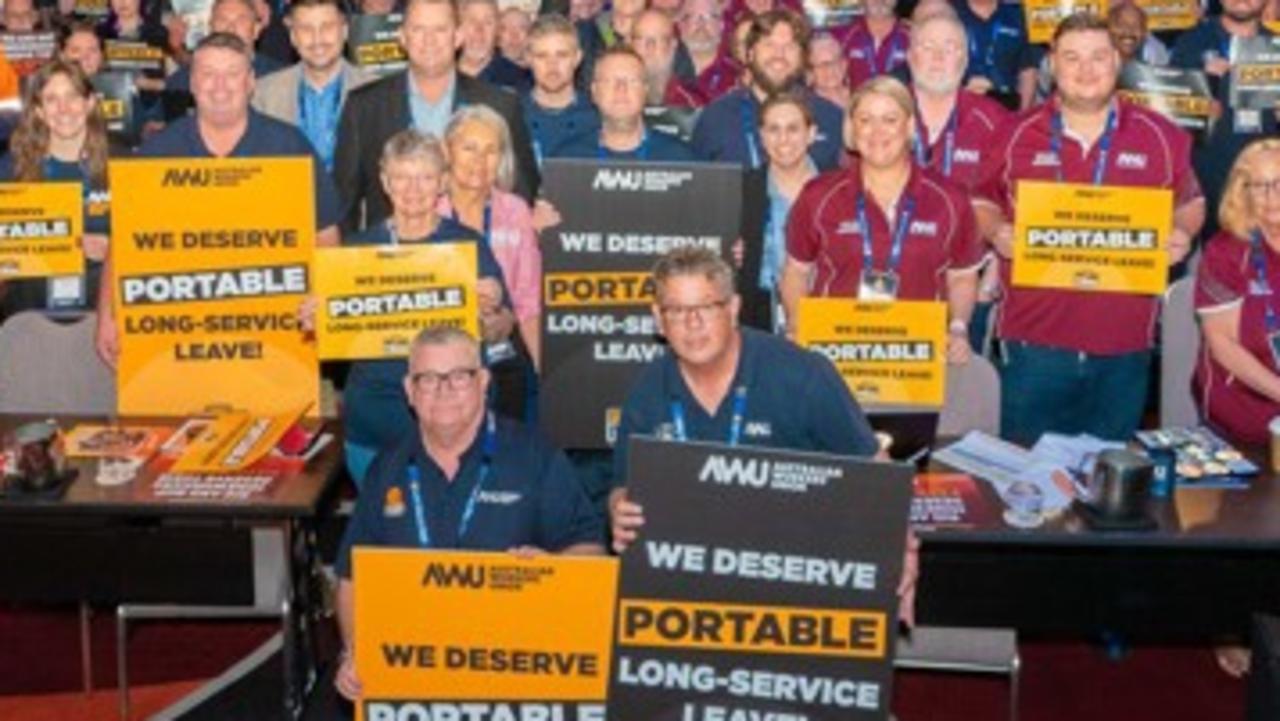Job interviews: Top tips to get rid of the nerves
A lot of people get anxious before job interviews, but it is more common in certain ages, genders and interview styles.

Careers
Don't miss out on the headlines from Careers. Followed categories will be added to My News.
If job interviews make your palms sweat and your heart beat through your throat, you are not alone – but the good news is that it gets better.
A survey by employment marketplace SEEK reveals interview anxiety is most common among young Australians but gradually lessens with age and experience.
While 89 per cent of jobseekers aged between 18 and 24 years report getting anxious, it drops to 72 per cent for those aged 25 to 34, to 63 per cent for 35 to 44-year-olds, and about 55 per cent for jobseekers aged 45-plus.

SEEK’s resident psychologist Sabina Read says jobseekers can minimise anxiety by being organised in the lead up to the interview.
“Reducing external pressures like what you are going to wear and how you get to the interview are going to go a long way in alleviating additional stress,” she says.
“Feeling prepared will also help reduce those nerves so practice interview questions, research the company and familiarise yourself with all aspects of the role.”
On the day, Ms Read recommends jobseekers use up any nervous energy and help themselves refocus by going for a run or meditating or doing something they enjoy before the interview.
“If you start to feel nervous during the interview: stop, take a deep breath, it will help,” she says.
“While you may have your heart set on this particular role, some perspective can help manage soaring anxiety – if the job isn’t offered to you, there will always be other opportunities and your network will likely have broadened as a result.”
The research also finds women (73 per cent) are more likely to feel job interview anxiety than men (61 per cent) and that 43 per cent of Australians get more nervous during an in-person interview than an interview online.
Almost half (45 per cent) of Australians believe they need to do “a lot more” preparation if they are being interviewed in person.
Recruitment agency Hays’ Interview Guide recommends preparation for any interview should include researching the industry (recent developments, trends, changes), the company (its history, products/services, values, purpose, customers, culture), the hiring manager (who they are, their role, expertise, past experience) and the role (what it involves, previous work the team has completed).
It should also include the jobseeker practising how they introduce themselves in a way that sums up their education and professional background, their relevant skills and experience, and what they are looking for in the role.
They can also plan questions to ask the interviewer and prepare answers to common questions they may face.
For example, if asked, “Why are you looking to leave your current job?”, they should craft a response that focuses on the opportunities in the position they applied for rather than on what they dislike about their current role or organisation.
If asked, “Why should I hire you?”, they should think about the benefits they can bring the company if they are chosen over someone else and identify three skills or experiences to back that up, including technical skills mentioned in the job description and soft skills such as communication or adaptability.
The aim is to not let the interviewer become disengaged with overly long and poorly structured responses.

JULIA’S TIPS FOR CALMING INTERVIEW NERVES
Aruga account co-ordinator Julia Crosswell started at the public relations and marketing company in August as an intern but turned it into a full-time role about four months ago.
“I generally spend my days engaging in media relations, creating content and managing social media accounts,” the 23-year-old says.
“I love the variety of my role … I’m never bored.”
Crosswell, who is still completing her Bachelor of Communications majoring in Digital Media and Bachelor of Arts majoring in Political Science and Writing, says she was definitely anxious when she went for her interview.
“I had to be confident in my experience and my abilities,” he says.
“I knew that I was the right person for the job, so I just needed to convince my potential employer – and remind myself – of the same thing.
“I tried to prepare as much as possible by drafting some potential answers for questions I might be asked throughout the interview.
“I also talked to my mum about it a lot. She’s a very calming influence.”
Crosswell’s advice for other jobseekers heading into an interview is to be confident, do lots of research and ask questions.
“While your potential employer will be asking questions about your qualifications and experience, make sure you come prepared with questions for them about what your role will entail and ask about company culture,” she says.
“Also, give yourself the opportunity to pre-empt and address any concerns that the interviewer might have about you.”
More Coverage
Originally published as Job interviews: Top tips to get rid of the nerves




